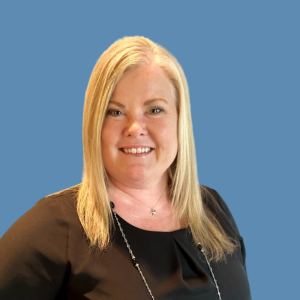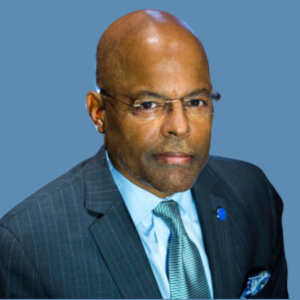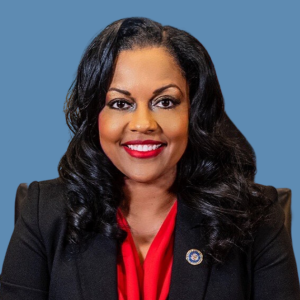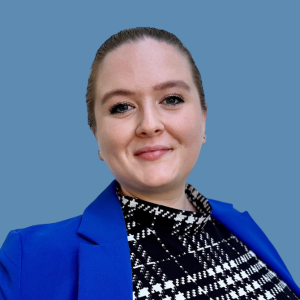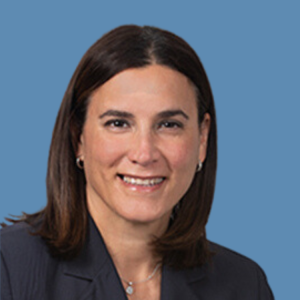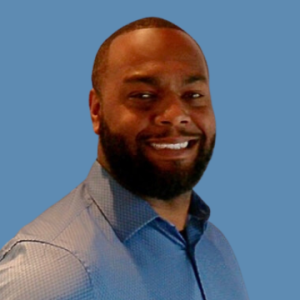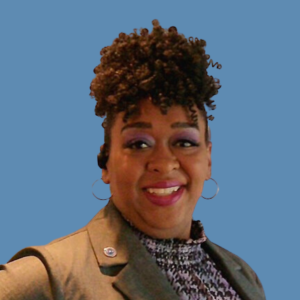Two weeks ago, it was reported that the Cross Collaboration Edge, a training workshop convened for KRA programs in the Mid-Atlantic Region, was extremely successful. Basically, that event focused on staffs’ “hard skills” development. In contrast, on July 31, 2012, KRA’s CTWorks program in the Greater Hartford area in the North Central Region of Connecticut, held a training event that addressed “soft skills”. What’s the difference? According to HR experts, to be good at hard skills usually takes ‘smarts’ or IQ (left-brain logical center). To be good at soft skills usually takes Emotional Intelligence or EQ (right-brain emotional center). Examples of hard skills include accounting, programming, statistics, etc., some of the topics addressed by “Progressing with Best Practices and Procedures”, the Cross Collaboration Edge theme.
Hard skills are technical in nature, and the rules are the same regardless of which company or people one works with. In contrast, soft skills are self-management and people skills, and the rules do change depending on the company culture and people one works with. Hard skills can be learned in school and from books, and there is usually a designated level of competency that dictates the degree of excellence in each hard-skill area. In contrast, there is no simple path to learning soft skills, most of which are not taught well in school and have to be learned on-the-job by trial-and-error. Which are more important? Experts say both, but perhaps to different degrees. KRA Accounting staff need to know the rules of accounting…hard skill…but must also communicate effectively…soft skill… with internal and external clients. To be a KRA Career Agent, however, requires excellent communication and relationship-building abilities…soft skills…to be effective with customers and co-workers, but also requires expertise in database management, data collection and reporting, analysis of Labor Market Information, etc…hard skills.
Not leaving soft-skills development to “trial-and-error”, “Different Paths…One Destination”, was the theme when KRA/CTWorks staff gathered for an evening of staff development centered on innovative meet-and-greet and team-building activities. According to Kimberly Staley, KRA Program Director, “This theme was chosen because of the many different professional and cultural backgrounds of our staff, now joined as one team moving in one direction with one goal…the success of the jobseekers and employers in our Region. KRA/CTWorks staff work in three full-service centers and two satellite centers, thus it is easy for staff in one office to become isolated from staff in the other offices. We believe team-building is a viable solution to this challenge; one that depends on effective communications and relationship-building…‘soft skills’ critical to our interactions with each other and with our customers.”
The first activity, “Table Talk”, generated dialogue that highlighted each staff member’s individuality, while at the same time celebrated common experiences that united them as a team. Staff were asked to look at a picture of a food item and then discuss likes, dislikes, knowledge, and experiences with that food item. This led to “table talk”, which then lent itself to the participants learning more about each other. This creative format encouraged participation that felt more like a casual conversation and less like a “team-building” exercise.
“Circle in a Circle” addressed challenges that arise from working out of different locations. Staff were assigned to groups, and then asked to form two circles…one inside the other…with inner-circle staff and outer-circle staff facing each other. As each circle-group moved one step in the opposite direction, a staff member “met” another staff member from across the circle and they engaged each other by telling something about themselves. This led to great conversation, was a perfect venue for new hires to meet current staff members, and gave established staff the chance to find out more about co-workers who they knew worked for KRA, but did not really know as individuals.
The final activity, “Diminishing Values”, illustrated three important principles. Karen Brown, KRA Deputy Program Director, explained, “One, the success of the CTWorks team must be built on a foundation of total commitment to core KRA values … Knowledge, Responsibility, and Achievement, as well as Communication, Innovation, Integrity, and Teamwork. Two, when one or more values are absent, it puts stress on any team endeavor and thus limits, or sometimes eliminates, opportunities for success. Three, as resources decrease, in this harsh economic environment, our commitment to teamwork and communication must increase. When resources are ‘lean’, we must ‘lean’ on each other more for team success!”
Jerry Santostefano, KRA Customer Service Representative, explained further, “Diminishing Values consisted of break-out groups, within each of which papers with the seven core KRA values that Karen mentioned, were placed on the floor. At the facilitator’s instruction, all staff in each group stood on each of the values for a minute. Each time this was done, one value was removed until the group had only one value left. The goal of this exercise was to demonstrate how to work as a team with ‘diminishing values’ to support us. Consequently, relying on each other to supplement those values is the only way to maintain our goal of providing our jobseekers and employers with the best possible service.”
Some HR experts say that “soft skills/hard skills” terminology is only about 10 years old. That may be true, but call it what you will, for more than 3 decades, KRA has recognized the criticality of developing both skill sets for staff to be instrumental in the progress of the business and professionalism generally, and to maintain excellence-in-service that benefits co-workers, clients, and customers alike.

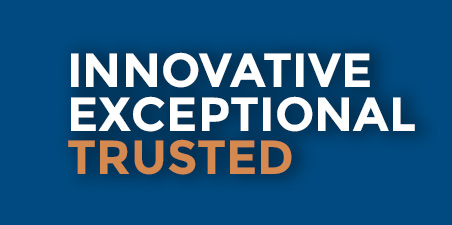
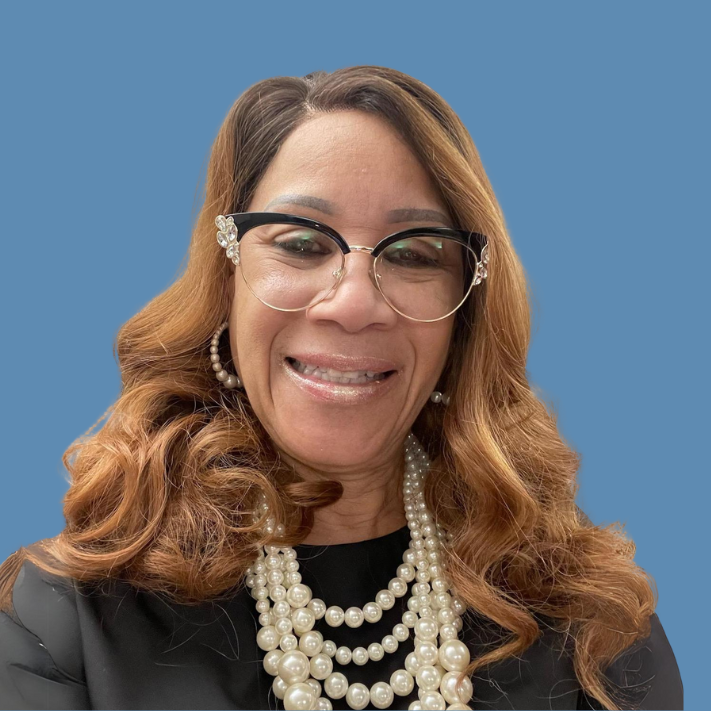 Dr. Boone’s 20+ years’ experience in the industry is extensive and her expertise in private-, public-, and non-profit sector workforce-services organizations is unparalleled, particularly in the Baltimore–Washington Metropolitan area.
Dr. Boone’s 20+ years’ experience in the industry is extensive and her expertise in private-, public-, and non-profit sector workforce-services organizations is unparalleled, particularly in the Baltimore–Washington Metropolitan area.


